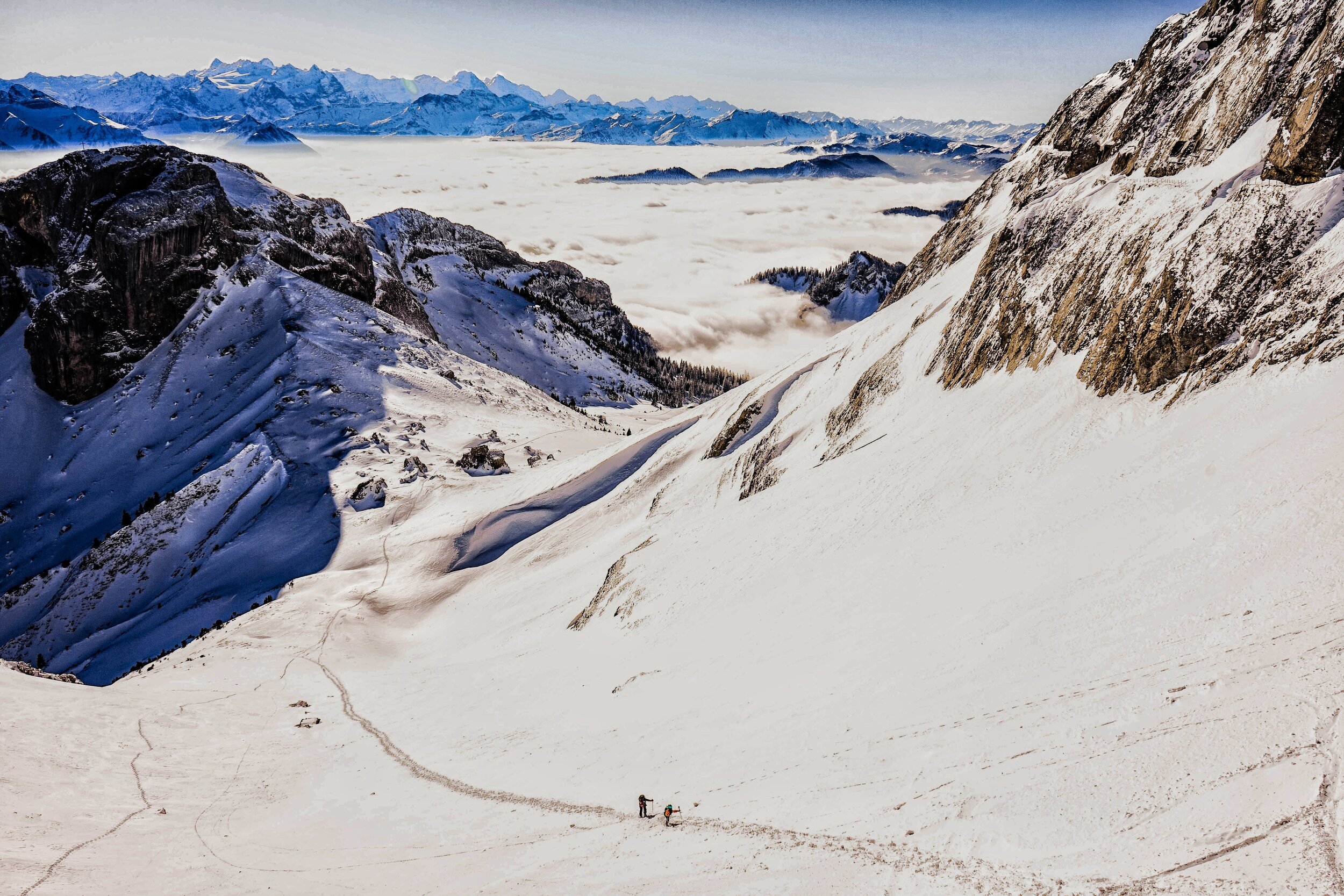A Nomad Settles in – with Shaky Hands but Grounded Feet
By the time I was 26, I’d been to almost 40 countries.
I spent my 27th birthday living in a remote section of the Alaska Peninsula. I’ve spent Christmas in Singapore and New Year’s Eve in Saigon. I’ve forged a knife in a fire in the jungle of Northern Laos, gotten stitches at Munich’s Oktoberfest, slept on Mountain tops, gotten lost in the Alps, and seen the fresco painting of The Last Supper with my own eyes.
I used to think think my travel habit was only about having fun. I loved meeting new people, pointing at items on a menu without knowing what I was ordering, and discovering all the ways people are so different – and precisely why that’s so great.
It highlighted the ingeniousness of the United States. All of these people, in one country. Every perspective, every type of food and music, art and science, nearly every global culture represented at home.
The miracle of that is still something that surprises me.
I’ve learned more about myself, my own country, domestic and global economics, politics, diplomacy, and culture overall from traveling – and having conversions with people who didn’t look like me – than from my very expensive private university education.
Travel was a disruption from everything I knew and I craved the euphoria of gaining new knowledge I wouldn’t otherwise have access to. It was the metaphorical push out a 10-story window that I didn’t know I needed. It was a forceful shove away from my 100% white elementary and middle schools and 90-95% white high school and college. It was the slap in the face and the full-body shake away from my entire life living with the perspective of the majority.
It was the gut-punch most people never get.
At first, I didn’t understand why, but I actively sought out that kind of discomfort. I loved not knowing anything. It was my vulnerability and ignorance that allowed me to let go. And being so young, I didn’t yet think I had anything to prove. I didn’t know vulnerability and ignorance was supposed to be hidden.
As I’ve gotten older, I’ve begun to recognize that my travel experience, and the insatiable appetite to keep going, get more uncomfortable, came from an innate desire to learn. I was filling in the gaping holes my formal education left. Traveling made blurry, vague concepts come into focus without effort. It was the obvious things like, “Christopher Columbus discovered North America and was a good guy,” and the less obvious things like my being accepted into college based on a legacy program is actually rooted in racist practices and beliefs. And it’s exactly my participation in that program that is the problem.
I shouldn’t have been accepted to college, at least based on traditional admission standards. I had truly horrendous grades in high school for no reason other than I didn’t try because I didn’t have to. I’d get into college no matter what because I came from two educated parents. Both of whom attended the university I wanted to so I was accepted because they were. I took the place of someone smarter and more qualified than me. Maybe someone who didn’t come from two educated parents. Maybe someone who got better grades because they knew they had to try a lot harder than I did.
Travel gave me the perspective to understand these things. But it also gave me something even better: practice at the feeling.
It doesn’t feel very good to suddenly realize you’ve taken part in racist systems and have benefited from what ultimately boils down to white supremacy. And it feels even worse to recognize that while you didn’t know that’s what you were doing, you are responsible for it.
It feels disgusting. It’s uncomfortable and humiliating. It’s vulnerable and highlights a blindspot and ignorance.
But I have practice at the feeling. I know what it feels like to be vulnerable and ignorant before I knew I wasn’t supposed to show it. When I got to a country unknown to me and asked blankly, “This is what I think, tell me what’s wrong with it,” I didn’t know I was supposed to be embarrassed by that. I didn’t know the gratifying liberation from my vulnerability was something to be ashamed of.
But there is a gratifying liberation to being proven wrong. It means you don’t always have to be right. You don’t have all the answers and that’s okay. The only thing that’s not okay is refusing to learn. Refusing to get better. Refusing to take responsibility for the racist systems you’ve taken part in and benefited from.
While I can’t travel, I learn from home. The whole world is represented here and I seek the discomfort of vulnerability and ignorance. My hands shake with the uncertainty of the future.
The pandemic has wreaked havoc on my community. Four hundred years of racial injustice have reached a boiling point, again. I don’t know if my business will make it and as a millennial, this is the second historic economic downturn that I must overcome in order to build wealth.
But I have the insurmountable privilege of practice at the feeling; of opening the door and welcoming in change and uncertainty – and more importantly – vulnerability and dedication to eliminating my ignorance.
My hands shake with the awareness that I must do better and I don’t always know how.
But my feet remain firmly grounded with the gratifying liberation of vulnerability and perspective.



